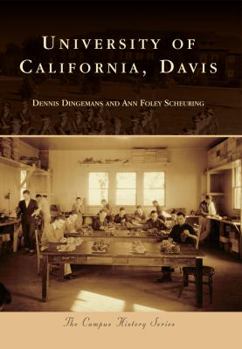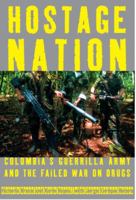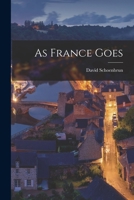More by David Schoenbrun
Book Overview
More than a century ago, the University of California established the University Farm at Davis to showcase the achievements of its thriving College of Agriculture and to train students in the practical arts of farming. Since enrolling its first students in 1908, UC Davis has evolved into a world-class university offering a full spectrum of studies. UC Davis research over the decades has had far-reaching impacts, including innovations in viticulture and enology that have improved winemaking around the world. Colorful traditions like Picnic Day celebrate the depth and breadth of this historic institution and show off its handsome campus. Most pictures in this book come from the university archives, with some images from the McCurry and Eastman collections and others taken by the distinguished photographer Ansel Adams.
Format:Paperback
Language:English
ISBN:073859699X
ISBN13:9780738596990
Release Date:January 2013
Publisher:Arcadia Publishing (SC)
Length:128 Pages
Weight:1.56 lbs.
Dimensions:0.4" x 6.4" x 9.1"
Customer Reviews
6 customer ratings | 5 reviews
There are currently no reviews. Be the first to review this work.

































